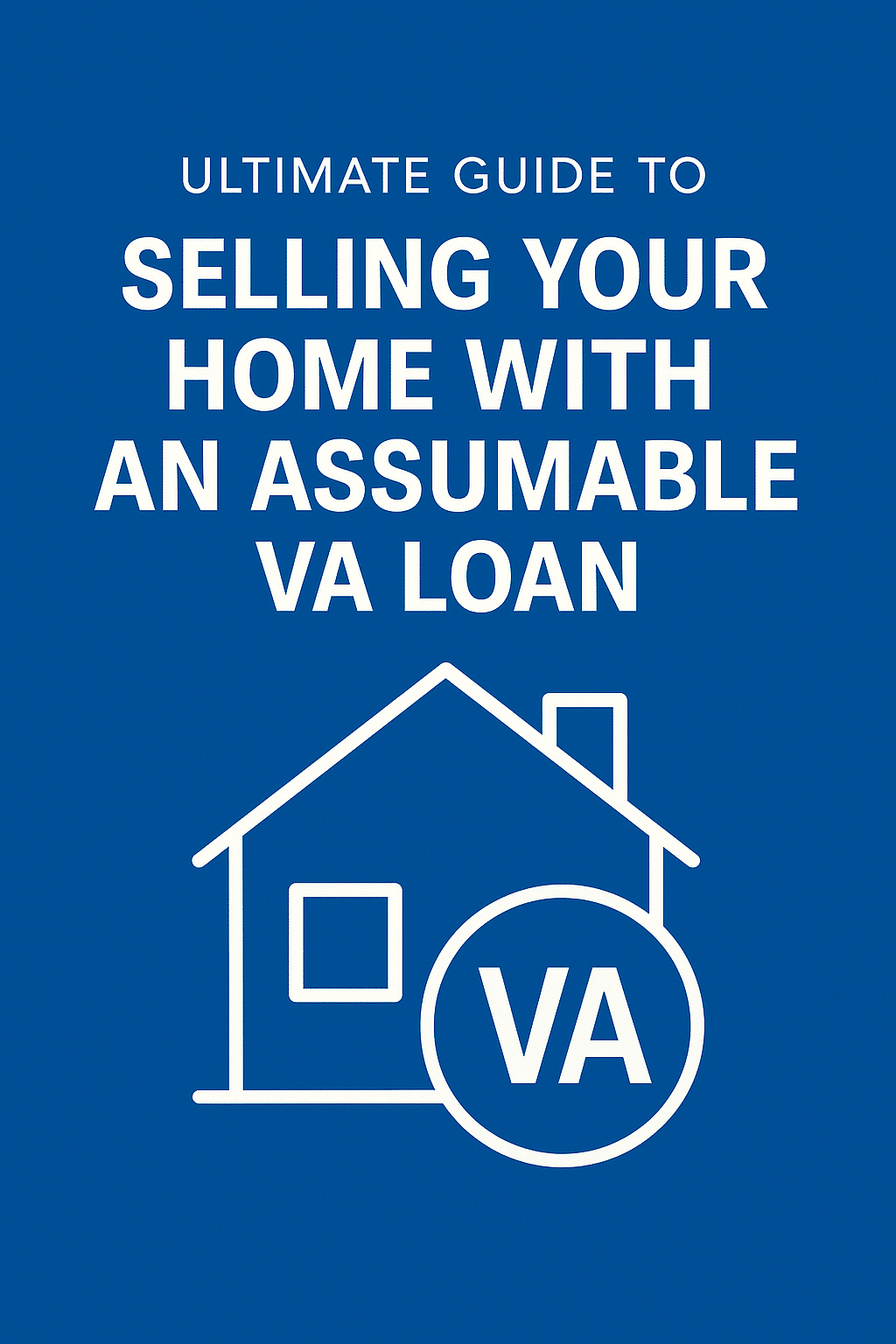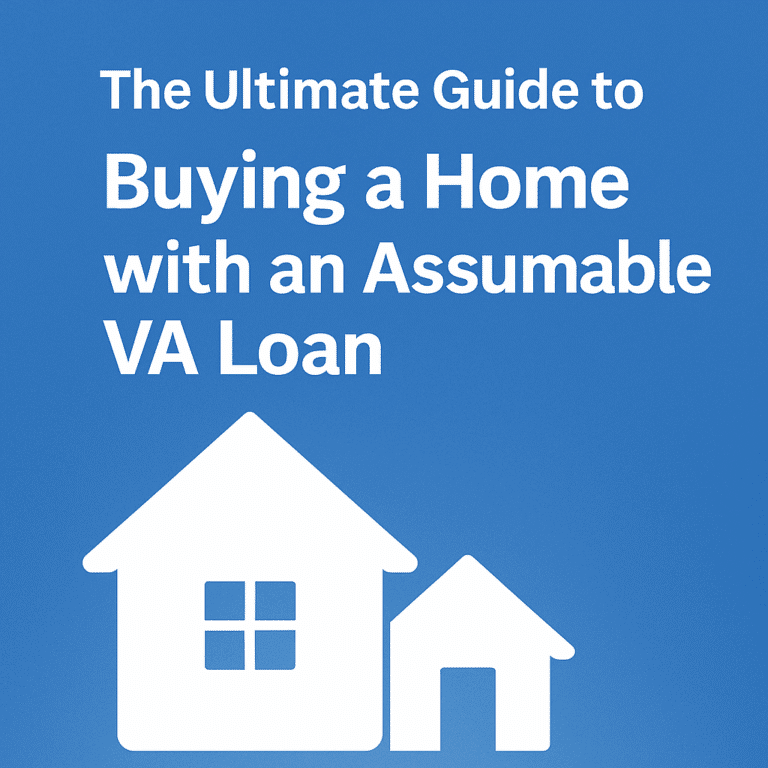VA Loan vs FHA Loan: What’s Right for You?
If you’re a veteran or active-duty service member looking to buy a home, you’ve likely come across two popular financing options: VA Loans and FHA Loans. Both offer flexible requirements and government backing—but they’re designed for different types of buyers.
In this guide, we’ll compare VA Loans vs FHA Loans to help you decide which one is right for your situation.
What Is a VA Loan?
A VA loan is a mortgage option available to veterans, active-duty military members, and some surviving spouses. Backed by the U.S. Department of Veterans Affairs (VA), it’s designed to make homeownership more accessible to those who’ve served.
Key Benefits:
- No down payment required (in most cases)
- No private mortgage insurance (PMI)
- Competitive interest rates
- Flexible credit requirements
- Can be used multiple times if entitlement is restored
What Is an FHA Loan?
An FHA loan is a mortgage insured by the Federal Housing Administration. It’s popular among first-time homebuyers and those with lower credit scores or limited savings.
Key Benefits:
- Low down payments (as low as 3.5%)
- Easier credit qualification
- Fixed-rate or adjustable-rate options
- Available to all U.S. buyers, not just veterans
Side-by-Side Comparison
| Feature | VA Loan | FHA Loan |
|---|---|---|
| Down Payment | $0 | 3.5% minimum |
| PMI Required | No | Yes (MIP required) |
| Credit Score | 580+ recommended | 580+ (with 3.5% down) |
| Funding Fee | Yes (can be financed) | Yes (MIP upfront and monthly) |
| Eligibility | Veterans & military only | All qualified buyers |
| Property Type | Must be primary residence | Must be primary residence |
When a VA Loan Makes More Sense
Choose a VA loan if:
- You qualify based on your service
- You want to avoid a down payment
- You don’t want to pay monthly mortgage insurance
- You plan to stay in the home for a long time
Pro Tip: Even with a funding fee, VA loans often cost less over time compared to FHA.
When an FHA Loan May Be Better
Choose an FHA loan if:
- You don’t qualify for a VA loan
- Your credit score is below 580 but you can make a 10% down payment
- You’re buying a low-cost home and want minimal upfront costs
- You’re not eligible for other affordable lending programs
Hidden Costs to Consider
VA Loan:
- Funding fee (ranges from 1.4% to 3.6%) unless exempt
- Appraisal must meet stricter VA property standards
FHA Loan:
- Upfront MIP (1.75%) and annual MIP (0.45%–1.05%)
- Mortgage insurance required for the life of the loan if down payment is <10%
Final Thoughts: Which One Should You Choose?
If you’re eligible for a VA loan, it almost always offers superior terms compared to FHA. You’ll save money on mortgage insurance, down payments, and often get better rates.
However, if you’re not eligible—or your credit profile fits better with FHA—then it can still be a great path to homeownership.
Always compare quotes and loan estimates from multiple lenders and talk to a loan officer familiar with VA and FHA guidelines.
Tools You Can Use:
Disclaimer: This article is for informational purposes only and does not constitute legal or financial advice. VeteransMoneyGuide.com is not affiliated with the VA, FHA, or any government agency.
VeteransMoneyGuide.com is a privately owned informational website and is not affiliated with, endorsed by, or connected to the U.S. Department of Veterans Affairs (VA), any government agency, or the United States government.
The information provided on this website is for educational and informational purposes only. It does not constitute legal, medical, or financial advice. VeteransMoneyGuide.com does not represent, claim, file, or manage VA claims on behalf of veterans and is not a representative of the VA.
Users are encouraged to consult with a VA-accredited representative, attorney, or agent for assistance with any VA-related matters.


